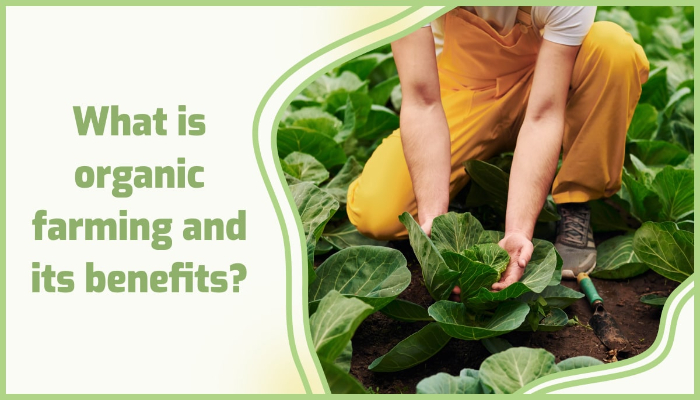Living a healthy lifestyle through organic farming requires a thriving biodiversity to be maintained.
The farm boasts an abundance of biodiversity, fostering the growth of organic farming that nurtures a flourishing ecosystem. This rich diversity of life plays a pivotal role in enhancing the farm’s adaptability to tackle various challenges, be it cold weather, diseases, or equipment malfunctions.
Biodiversity plays a crucial role in the growth of crops, ensuring a healthy supply chain that benefits human beings. It forms the backbone of a thriving ecosystem, fostering a holistic production management system that enhances the biological cycle and promotes biological activity.
If endangered species and animals become extinct, it will have a harmful impact on human beings, especially in the field of agriculture. However, the primary objective of organic agriculture is to enhance the well-being and productivity of a closely-knit community consisting of soil, living organisms, plants, animals, and people. The organic system promotes the preservation and expansion of ancient, locally-bred varieties and breeds. By owning and preserving their traditional seeds, farmers can gradually enhance crop resistance to pests and diseases, thereby achieving horizontal resistance. Moreover, organic farming helps restore the value of land, which has significantly declined due to the excessive use of high-yielding pesticides and fertilizers.
There are lot of positive impact on biodiversity due to organic farming where in the soil, organisms, pollination, birds are maintain.

